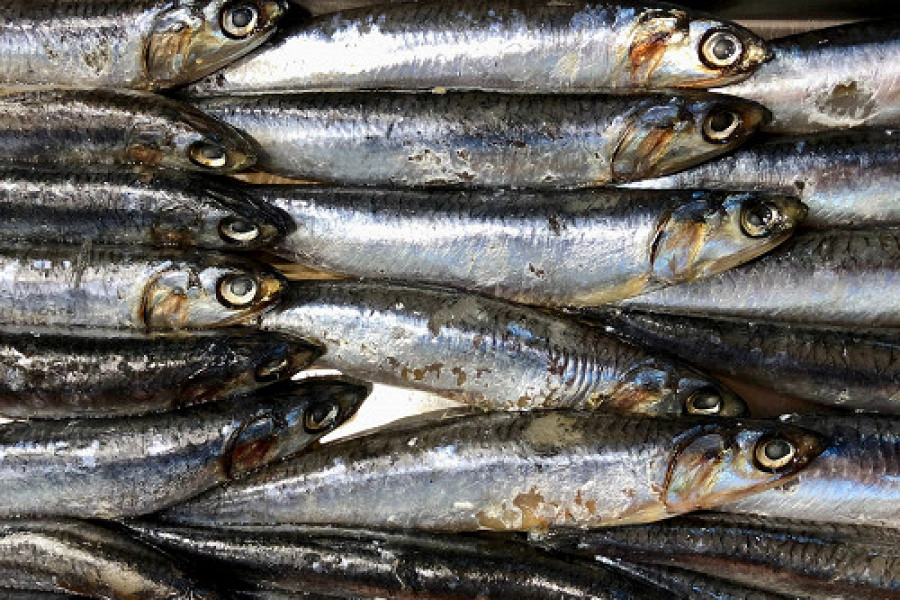As a result of ongoing climate change, the biophysical conditions of the world’s oceans are altered, leading to changes in marine biodiversity. While some marine species are able to adapt to the modified conditions, most fish species are predicted to shift their migration and distribution patterns. Such demographic dynamics influence species’ genomic architecture and persistence, resulting in declining biodiversity if novel environmental conditions and incoming genomic variants mismatch.
The GenClim project investigates such changes in fish populations and their genetic adaptation to the changed conditions in the Eastern Atlantic. Special interest is on the North Sea, the Iberian Coast and the Benguela region as they experience faster rates of warming than the global average. GenClim includes genetic information in forecasting models of range shifts of three commercially exploited fishes: hakes (Merluccius merluccius and M. paradoxus) and anchovy (Engraulis encrasicolus). Thus, the reliability of forecasts und associated bio-economic models will be increased. Based on this modelling approach and by targeting multiple stakeholders, the project aims to develop recommendations for management strategies.
GenClim is implemented by an interdisciplinary team from Denmark, Germany, Portugal, and South Africa. The project is organized in six work packages, whereby the Center for Ocean and Society is responsible for bioeconomic modelling. The CeOS team will analyze the effect of changing genomic biodiversity and regional fish stock productivity on economic outcomes under different management scenarios such as MSY, MEY or eMEY. Moreover, the value of additional biodiversity-knowledge for management and economic outcomes will be examined.


Funding:
German Research Foundation (DFG)
Term:
2021-2024